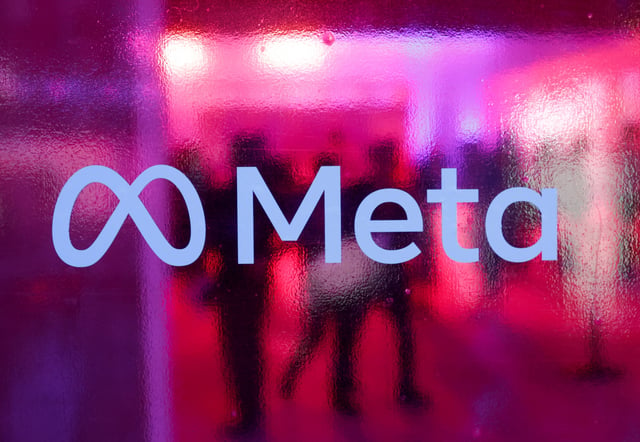Overview
- A Reuters review of the 200-page GenAI: Content Risk Standards document revealed permissions for romantic or sensual exchanges with underage users
- Meta confirmed the document’s authenticity and removed the most controversial child-related examples only after journalists raised questions
- Remaining unedited passages reportedly allow demeaning remarks about protected groups and the generation of false content if labeled as untrue
- The company admits inconsistent enforcement of its AI policies but has declined to publish a fully revised set of standards
- Prominent lawmakers are demanding federal investigations and stricter transparency requirements for AI safety in children’s online interactions



